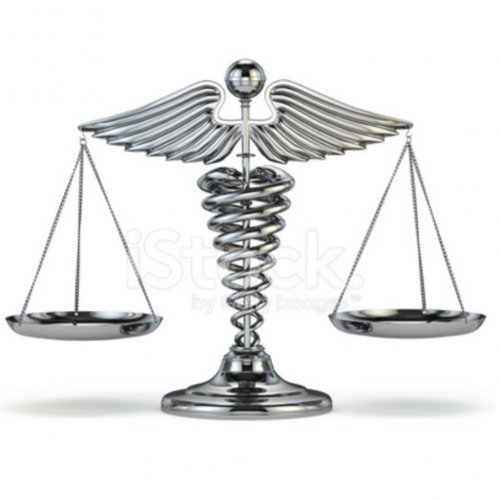Best Employment & Labor Lawyers in N'Djamena
Share your needs with us, get contacted by law firms.
Free. Takes 2 min.
List of the best lawyers in N'Djamena, Chad
About Employment & Labor Law in N'Djamena, Chad
Chad's employment and labor regulations are embedded in its Labour Code, which outlines employees' rights, duties, and benefits. It covers various aspects, including employment contracts, working hours, leave provisions, and social security and health insurance benefits. The implementation of these laws is overseen by the Ministry of Public Service, Labour, and Employment. While civil employment laws are more stringently enforced in N'Djamena, the regulatory environment can be complex. Hence, professional legal advice is often necessary.
Why You May Need a Lawyer
Individuals may need a lawyer in situations like contract reviews, workplace discrimination, employment disputes, terminations, or matters related to workers' rights and benefits. Businesses may require legal advice for formulating employment contracts, resolving employee claims, dealing with labor unions, and ensuring compliance with the Labour Code regulations.
Local Laws Overview
Chadian Labour Code affirms the freedom of work and profession and requires written contracts for work beyond a month. Work hours are typically capped at 48 hours per week or 8 hours per day. There is provision for paid annual leave as well as public holidays. The Code provides for equal pay for equal work without discrimination, and maternity and sick leaves. Violations of these laws could result in penalties, imposed compensation, and in severe cases, imprisonment.
Frequently Asked Questions
1. What is employee compensation in Chad?
The minimum wage in Chad is determined by the government. Overtime is required for work beyond prescribed work hours and is paid at a higher wage rate. Compensation packages usually include allowances for housing, transport, and family benefits.
2. What types of employment contract are recognized in Chad?
Employment contracts can be for a defined or indefinite duration. Fixed-term contracts cannot exceed two years, and must then be considered as indefinite. Probation period can't exceed three months for employees and six months for managers.
3. How are employment disputes resolved in Chad?
Employment disputes may be resolved through reconciliation, mediation, or the legal system. Both parties may agree to arbitration or refer the case to the Labour Inspection or Labor Court.
4. How are workers' rights protected in Chad?
The Labour Code of Chad guarantees several workers' rights including a maximum limit on work hours, minimum wage, equal pay for equal work, and the right to form or join unions.
5. What happens if an employer breaches an employment contract?
The affected employee can lodge a complaint with the Labour Inspection or directly to a Labour Court. If found guilty, the employer may be required to pay fines and compensation to the employee.
Additional Resources
The Ministry of Public Service, Labour and Employment provides information and resources related to employment and labor law. International Labor Organization (ILO) has resources on labor rights and standards in Chad.
Next Steps
If you require legal assistance related to employment and labor issues, consider consulting with a labor lawyer or a law firm familiar with Chadian labor laws. They can guide you through the legal complexities and help protect your rights. If you cannot afford legal assistance, you can approach labor unions or non-profit organizations that provide legal aid.
Lawzana helps you find the best lawyers and law firms in N'Djamena through a curated and pre-screened list of qualified legal professionals. Our platform offers rankings and detailed profiles of attorneys and law firms, allowing you to compare based on practice areas, including Employment & Labor, experience, and client feedback.
Each profile includes a description of the firm's areas of practice, client reviews, team members and partners, year of establishment, spoken languages, office locations, contact information, social media presence, and any published articles or resources. Most firms on our platform speak English and are experienced in both local and international legal matters.
Get a quote from top-rated law firms in N'Djamena, Chad — quickly, securely, and without unnecessary hassle.
Disclaimer:
The information provided on this page is for general informational purposes only and does not constitute legal advice. While we strive to ensure the accuracy and relevance of the content, legal information may change over time, and interpretations of the law can vary. You should always consult with a qualified legal professional for advice specific to your situation.
We disclaim all liability for actions taken or not taken based on the content of this page. If you believe any information is incorrect or outdated, please contact us, and we will review and update it where appropriate.
Browse employment & labor law firms by service in N'Djamena, Chad
N'Djamena, Chad Attorneys in related practice areas.








